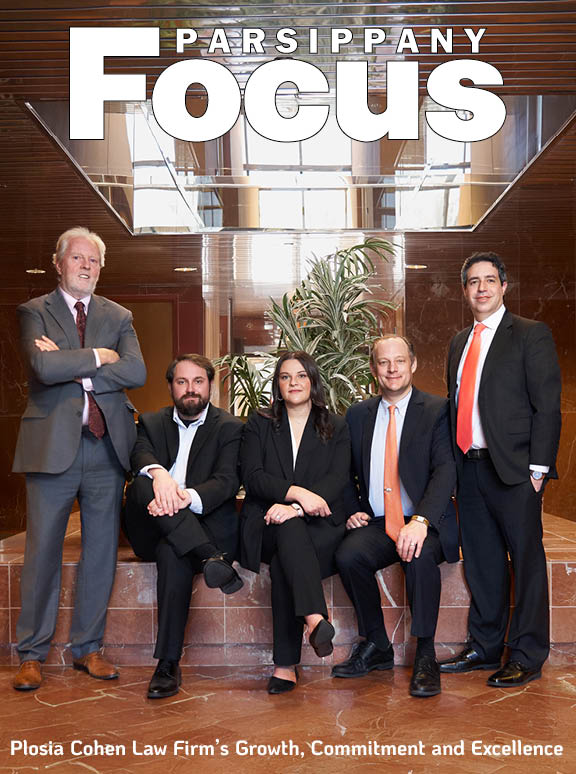MORRIS COUNTY — Former sales representative Matthew Puccio, 41, from Randolph, has been sentenced to 60 months in prison for his involvement in a fraudulent scheme targeting public health benefits programs. U.S. Attorney Philip R. Sellinger confirmed the sentence, which was handed down by U.S. District Judge John Michael Vazquez in Newark federal court. Puccio was found guilty on July 19, 2022, of conspiracy to commit healthcare fraud following a seven-day jury trial.
The scheme revolved around the fraudulent billing of medically unnecessary compound prescriptions. Compound medications are specialized prescriptions tailored by pharmacists to suit the specific medical requirements of individual patients. Although these medications are not approved by the FDA, they may be prescribed when an FDA-approved drug does not adequately address a patient’s health needs, such as allergies to certain ingredients.
Between November 2014 and March 2016, Puccio participated in a conspiracy that involved submitting fraudulent compound medication prescriptions to public health benefits programs. Marketing companies hired and compensated sales representatives like Puccio to acquire compound medications for themselves and others, disregarding medical necessity. Their focus was on health plans that offered high reimbursement rates for compound medications.
Puccio took advantage of this situation by working as a sales representative for multiple compounding pharmacies. He targeted individuals with health plans covering compound medications and persuaded them to obtain prescriptions, regardless of medical necessity. Puccio and his accomplices enlisted the help of two physicians based in New Jersey to sign medically unnecessary prescriptions for beneficiaries they had recruited.
Once the prescriptions were written, the compounding pharmacies Puccio was affiliated with filled them. These pharmacies received reimbursement from the health plans and, in turn, paid Puccio a percentage of the reimbursement amount. As a result, Puccio and his co-conspirators caused substantial financial losses to public health benefits programs.














